COMPOSITION FOR ME
Philosophy
Sound is the evidence of truth, for it is energy from an active source. I am a truth-seeker and find it in my everyday aural experience. For me, truth testifies of God and to seek after it is an essential spiritual endeavor.
The truths that sound signifies are motion, friction, and life itself. Built into sound is the flow and tension of an earthly experience as perceived by us.
Sound, then, witnesses of creation, energy, and variety in the universe. I can rejoice in the subtleties and enormities inherent in the sonic world.
Sound, in all its forms, has merit in virtue of its relationship to our experience. Thus, noise itself may be rich and illuminating for listeners if they practice a meditative spirit, a keen ear, and a willingness to appreciate sound undefiled.
The musical experience is a consecrated time to listen. A segment of the joyful noise of the eternities is partitioned for a special sonic event.
A composer draws out the relationships between sound and the human experience during this time for listening. Chiefly, the composer manipulates duration, pitch, timbre, rhythm, register, space, harmony, and so forth to create a virtual syntax. This syntax can be abstracted from the nature of sound itself or can be an imposed structure.
The syntax of music thrives on many levels of opposition found in tension and release, repetition and change, departure and return, etc. The opposition maps well to the human experience (joy and sorrow, life and death, sweetness and bitterness) and offers an entry point to music’s depth of meaning.
The framework set by opposition, largely between regularity and surprise, evokes emotion and conveys messages, even without an extramusical explanation. Though it is not a language of words, music is a grammar of deep complexity; every subtle change during any duration holds some sort of meaning that maps onto the listener’s emotional/spiritual framework.
Thus, the composer provides circumstances for a meaningful musical experience that, if successful, evokes emotions and ideas inherently reflective of the human experience. Composers understand that an excellent piece of music speaks to the heart through the most basic psychological processes while speaking to the mind with a strong intellectual syntax of consistency, development, and other relationships.
Music, while not often possible to describe in words, has the ability to offer fresh perspectives, a dramatic narrative, and a deeper awareness of the human experience.
Listening in practice
A program may guide a listener to interact with the music, yet the music ultimately speaks for itself. Truth in great music may be found internally.
The interactions among ideas, movement, variance, style, and all other musical forces demand an aware mind, which if activated, will allow for the music to more deeply sink to the heart.
Much of music relies on elements shared by a common musical syntax, yet great music gives the listener the framework of the listening experience at the beginning of the piece. The listener may need to pay attention to the details, for seedlings may become trees over the course of a piece.
Expert listeners do not impose expectations on a piece. If the music progresses slowly, they bask in the musical colors, the long melodies, or even the isolated sounds on the canvas of silence. If the music has a rhythmic drive, they let themselves be carried by it.
Because music engages with the human experience, some listening experiences require an amount of emotional vulnerability. Music can be uncomfortable if it touches emotions or maps onto experiences abandoned, unresolved, or unexplored. However, music is a safe space that can invite healing and discovery. One of the great mysteries of music is that it has inspired permanent change in its listeners. Music has changed me.
Music seems to have the ability to generate empathy. The communal listening space may have implications beyond the notes because the audience experiences an emotional sonic situation together. The attuned audience might not always have much to talk about, but they have much to feel about.
Music is fun. The conditions of listening should feel safe and freeing. The drama of a piece will take the listener through a whirlwind of emotions and ideas, and only the listener gets to decide what comes out of that experience. Listen well, and you will be rewarded.
My experience
I compose to seek truth. I do not always know what I am expressing beforehand. It is largely an exploratory art form. Sometimes my music feels right, and other times it feels unsatisfactory. I doubt I will ever understand all the complexities of the human response to music, but all I know is that it works. And I know that I have learned great truths through musical experiences. I learn much more from my own music than anyone else will. Yet, composition for me is sharing musical experiences that shed light on truth. I hope my music allows for deeper understanding of and commitment to life's purpose and experience.

